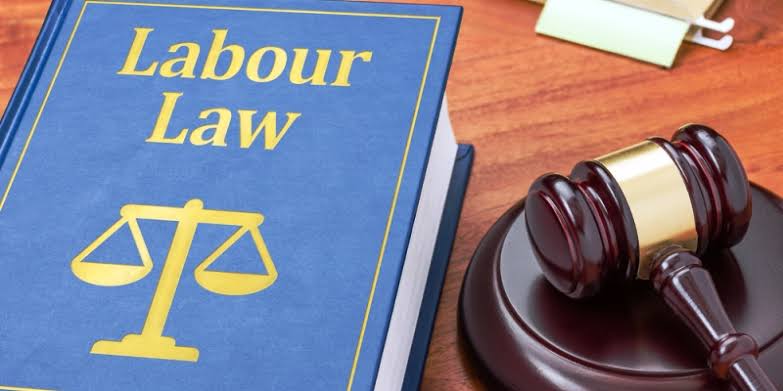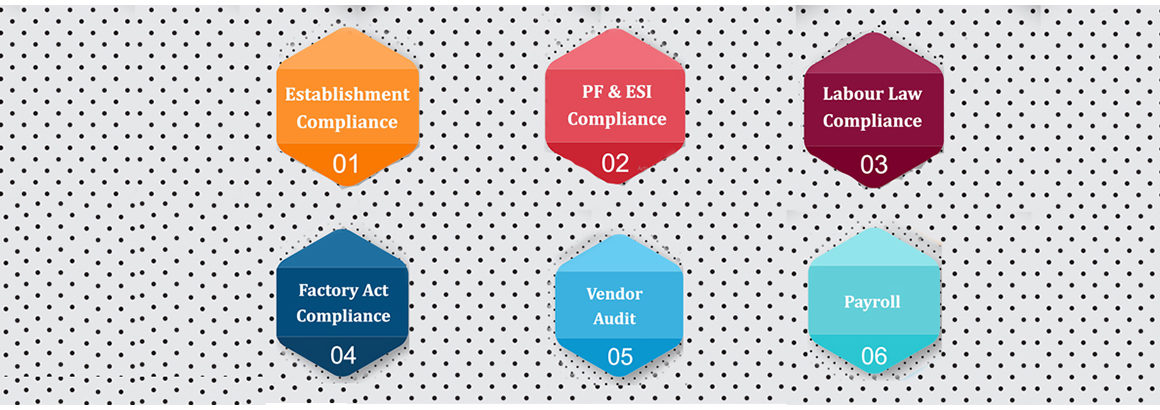Labour laws can be defined as the collection of laws to provide economic and social justice to the workers working in an organisation.Health,safety, standard of employment and other expects of workers are covered under labour laws.
History
Indian labour laws are closely connected to indian independence movement.While India was under Colonial rule by British Raj labour rights,trade unions and freedom of association were all suppressed.All workers and Trade Unions who raised their voice for their rights were voilently suppressed.After continuous struggle for Independence India got it’s Independence from Britishers in 1947 and Constitution of India was formed in 1950.With the formation of Indian Constitution a series of fundamental labour rights were also added to it, particullary the right to join and take action in a trade union,principle of equality at work,aspiration of creating a living wage with decent working condition.
Constitutional Rights
Article 14-16, 19(1)(C), 23-24, 38 and 41-43A of the indian constitution directly concern with the labour laws.
Article 14
It states that everyone should be equal before the law.As per this equal pay should be given for equal work.But it is not absolute.There are few exception in it like the physical work, skilled and unskilled labour will be paid according their merit.
Article 15
It states that states should not discriminate against citizens.
Article 16
Promises equality of Opportunity
Article 19(1)(C)
It gives everyone the rights to form a associations or unions.
Article 23
Probhibits trafficking and forced labour.
Article 24
Prohibits Child labour under 14 years in a factory, mine or any hazardous work place.
According to labour laws workers are divided into two categories
1) Organised– The sector which is registered and follows government rules and regulations,having employees and employee unions is called an organised sector.
2) Unorganised-Refers to the house hold manufacturing activities and small sectors which are outside government control.Weavers, blacksmith,carpenters etc comes under unorganised sectors.
people who doesn’t fall in these sectors the ordinary contract law apllies for them
Major Labour Laws in India
1)The Minimum Wages Act 1948.
2)The Payment of Wages Act 1936.
3)The Trade Union Act 1926.
4)The Industrial Dispute Act 1947.
5)The Factories Act 1948.
Why Labour Laws are required?
1)To Improve relation between employee and employer which minimizes disputes.
2)Protects workers from exploitation by employer or management.
3)Helps employees getting fair wages.
4)Ensures job security.
5)Provides compensation to workers in case of any accidents at workplace.
if you are having any queries related to labour laws you can drop us a mail at info@rkmc.co.in




I have been examinating out some of your posts and
i can claim pretty nice stuff. I will make sure to bookmark your site.
thanks